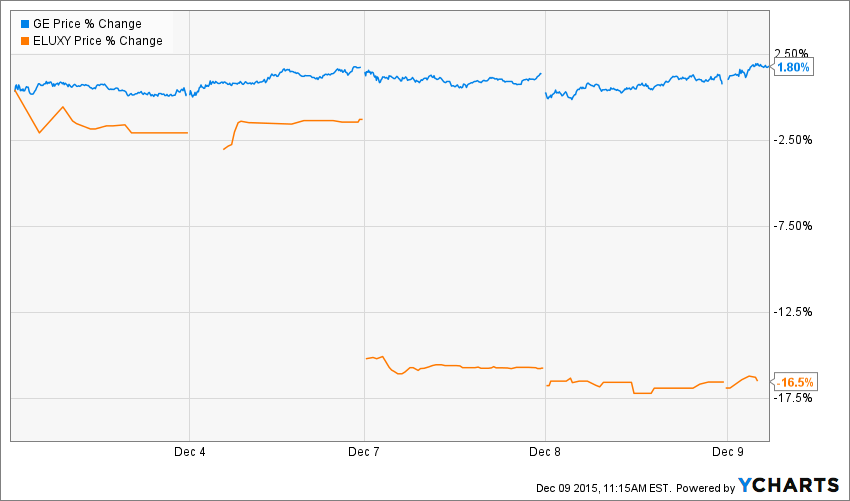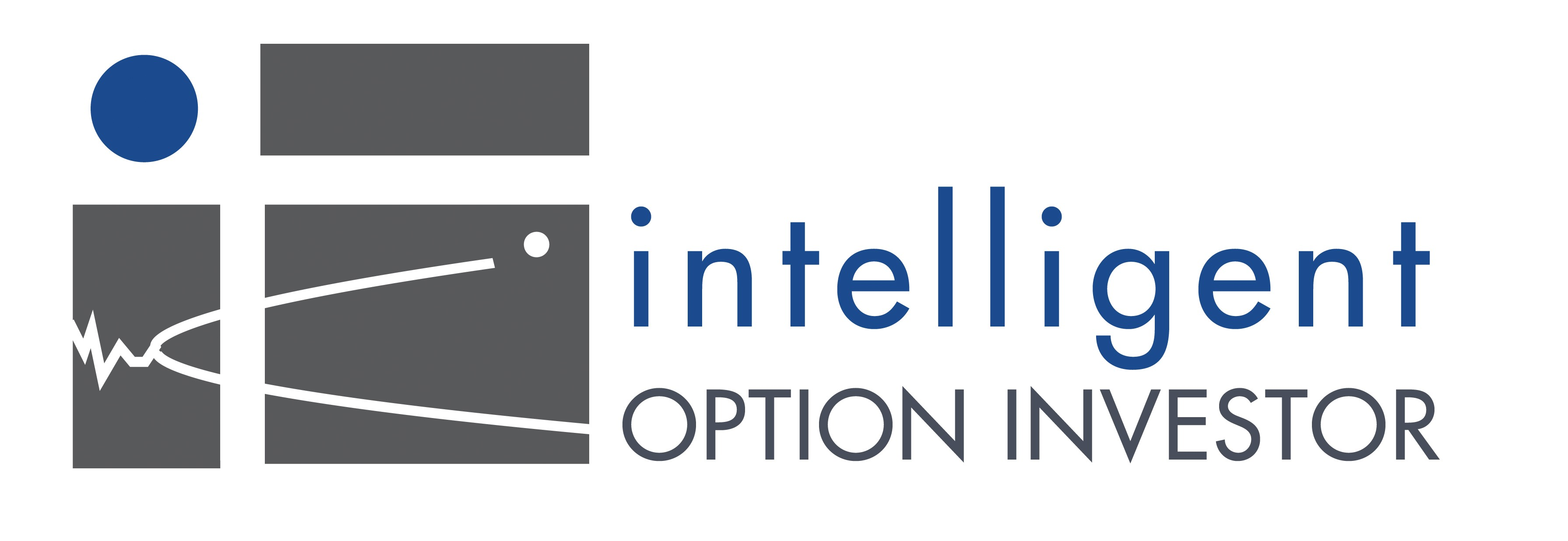On December 7, General Electric GE announced that European appliance maker Electrolux ELUXY had backed out of its agreement to purchase GE’s appliances business. Electrolux is required to pay GE a $175 million break-up fee as a result. (See press release here)
Judging by the market’s reaction, most investors see it in the same light as do I: Electrolux’s European business is struggling, so its management is trying to cut back on capital spending projects as much as possible. Note the change in stock price reactions to the announcement over this week.

As an owner of GE, the two things I would be most concerned about in a case like this are:
- GE’s appliance assets are “impaired” — that there is something wrong with the business that Electrolux managers were able to see, but that I as an investor cannot.
- GE might be at increased risk of its strategy of shifting away from consumer-facing businesses to industrial- and infrastructure-facing businesses.
The first scenario might be a possibility. Modern companies are fantastically complex and there is always the possibility for an unseen “balance sheet effect” as I call them in The Framework Investing to crop up. However, considering GE’s culture and its long history in the appliances field, and triangulating with the market reaction on the day of the announcement, I think this scenario is pretty unlikely.
The second scenario seems unlikely to me as well. GE’s management has been very clear that they are committed to changing the strategic direction of the company. The acquisition of French infrastructure power provider Alstom — a transaction that closed just a few days before the Electrolux announcement — and the spin-off of GE’s consumer finance division — a transaction that closed just last month — are two strong indications of this strategic commitment.
The GE investment has been the cornerstone IOI investment position this year and has generated unrealized returns for us on the order of 33%. This return is aided by the prudent use of leverage; unlevered investors in GE have seen gains of roughly half of IOI gains over the same time period.
